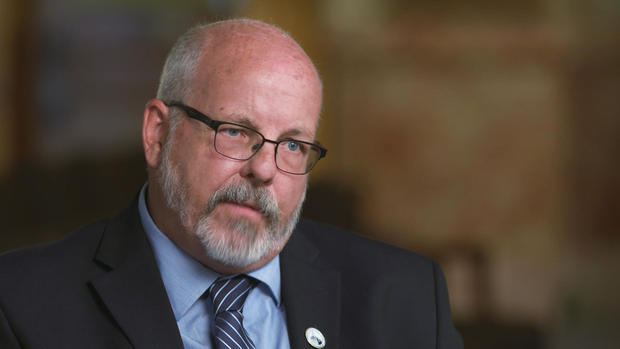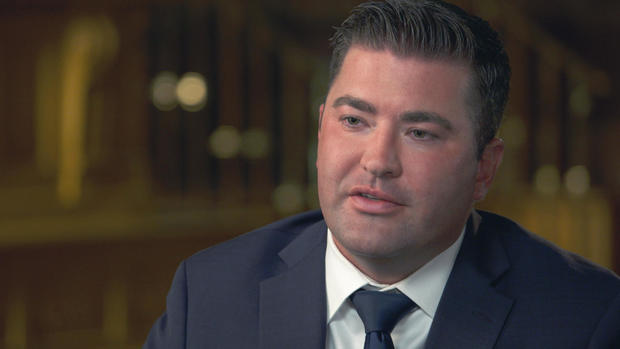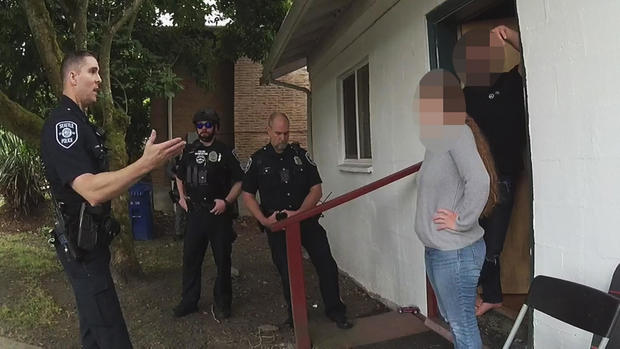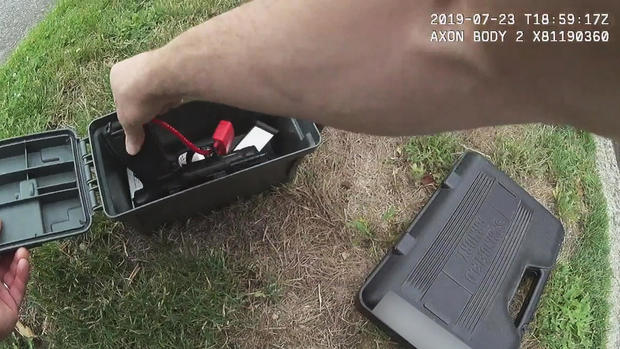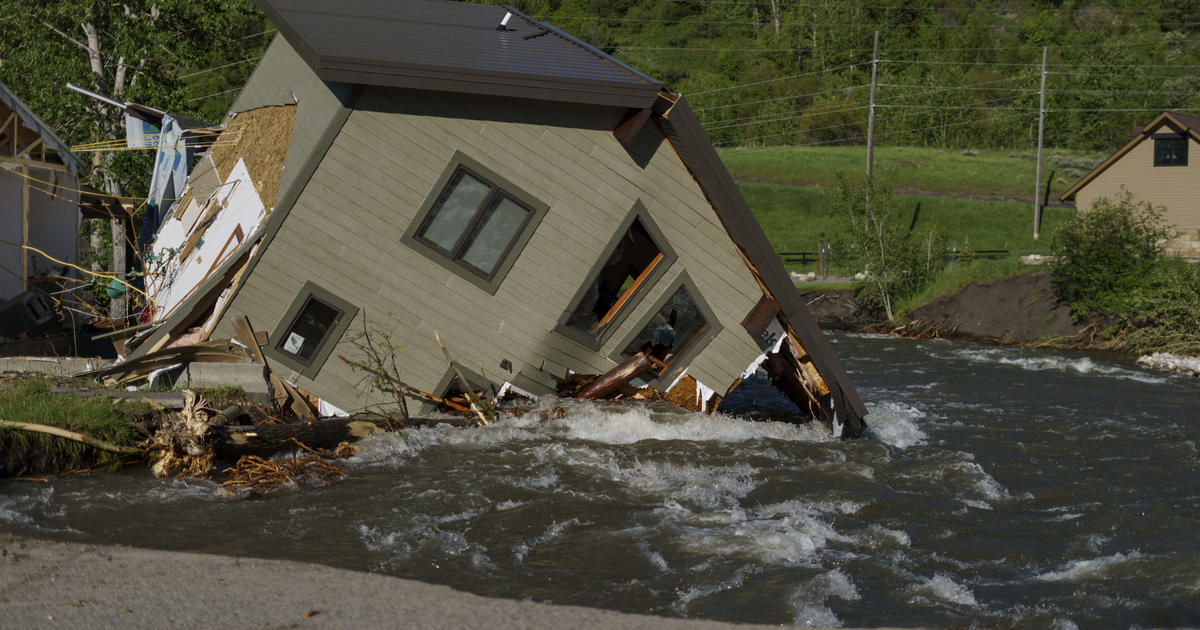Mass shootings affected two lawmakers. Now they stand on opposite sides of Colorado's Red Flag law
From a distance, Democrat Tom Sullivan and Republican Patrick Neville appear to share many similarities. Both men are fathers who now serve as members of the Colorado House of Representatives. Mass shootings have deeply affected them both on a personal level.
But those instances of gun violence impacted the men—and their views on gun control—in vastly different ways. Now Colorado's debate on its Red Flag law has pitted the two against each other.
60 Minutes correspondent Scott Pelley reported on the law, which allows authorities to obtain a type of civil protective order, known as an extreme risk protection order (ERPO), from a judge. With an ERPO, law enforcement can temporarily remove firearms from people deemed an immediate threat to themselves or others.
Sullivan made the Red Flag law part of his campaign for office in 2018.
"I would tell them, 'Day one, I'm running an extreme risk protection order to save lives,'" he told Pelley. "There isn't a single voter in House District 37 that didn't know exactly what I was going to do as soon as I got sworn in here."
Sullivan's dedication to the Red Flag law—and for holding the public office that helped him pass it—was born out of tragedy. His son, Alex, was killed in the 2012 movie theater shooting in Aurora, which left 12 people dead and 58 wounded.
Following his son's death, Sullivan became an advocate for stronger gun legislation in Colorado. He told Pelley he realized writing op-eds and speaking at press conferences would only get him so far.
"It became very clear to me that, if I really want to change something, I've actually got to get inside the building where the laws are being made," he said.
Sullivan told Pelley he believes the Red Flag law will help prevent other fathers from losing their children to gun violence.
Patrick Neville's experience with another Colorado mass shooting also affected him. He was a student at Columbine High School during the 1999 shooting, which left 13 students dead, including his close friend. Neville told Pelley the shooting influenced his opinions of gun ownership and public safety.
"The first time that I really formed a strong opinion on it was after I was in college," he said. "So if there was one place that I really didn't feel safe and that I really did feel vulnerable, it was definitely on the school campuses, sitting in those large classrooms. And not being able to protect myself really concerned me."
Now the minority leader in Colorado's House and a strong supporter of the Second Amendment, Neville told Pelley his issue with Colorado's Red Flag law is that it does not address the problem.
"The end result is just they take their guns away, but the person's still there," Neville said. "They could get a truck, plow into a group of people, like we see terrorists doing in Europe. Knives, bombs—there's all sort of different ways they could hurt people."
Neville told Pelley one of his issues with the law is that, when law enforcement removes a person's firearms, they can provide information about where to seek mental and behavioral health care, but the law does not mandate those health resources.
All of Colorado's Republican lawmakers voted against the Red Flag bill, which Gov. Jared Polis, a Democrat, signed into law in April 2019.
In May 2019, Neville and two other Republican lawmakers joined with the Rocky Mountain Gun Owners, a conservative gun rights advocacy organization, to file a lawsuit in an attempt to overturn the law, arguing that Democrats failed to follow proper legislative procedure. The group also temporarily backed a recall effort against Sullivan.
"This is what really drew us to these two individuals: the fact that they both serve in the state legislature, the fact that they both have been so deeply affected by a mass shooting," said 60 Minutes producer Ashley Velie, who worked with Pelley on the report. "But yet, they're really ending up at opposite ends of the issue and fighting it very passionately on both sides."
Colorado's Red Flag law went into effect in on January 1, 2020.
To watch Scott Pelley's 60 Minutes report on Colorado's Red Flag law, click here.
The video above was originally published on November 17, 2019 and produced by Brit McCandless Farmer. It was edited by Will Croxton and Sarah Shafer Prediger.
